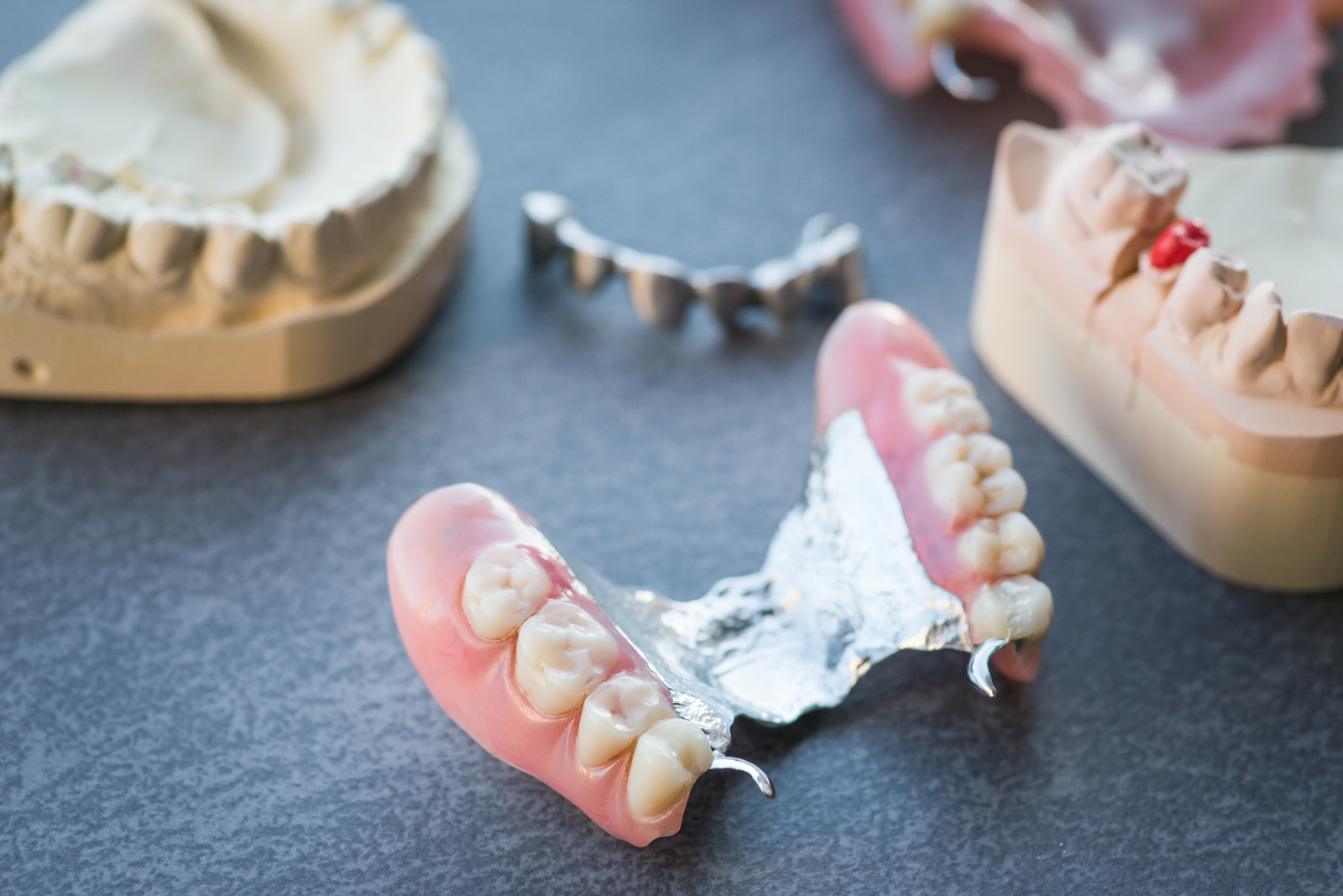What is the Difference Between Night Guards and Mouth Guards?
Many people have the habit of excessively clench their
teeth. It is called bruxism, and it affects thousands of people.
The causes are multiple, being stress one of them. Bruxism is a coping mechanism for people who are very stressed or suffer from anxiety. This constant contact of teeth leads to enamel wearing down, which causes sensibility and other dental issues.
While some people look for a psychotherapist to reduce their stress, others look for mouth guards in Edmonton to avoid damaging teeth.
Don’t get me wrong. We suggest you look for the right professional if you feel overwhelmed with the stress of life, but if bruxism affects your teeth, look for night guards near you. A dental professional will evaluate you and determine the best one for you.
What is a Mouth Guard?
A mouthguard is an oral device that guards (hence the name) your teeth. They also protect your gums, face, jaw, and soft tissues surrounding your teeth (tongue, lips, etc.)
A family dentist near you might advise using one, depending on your situation. If you play a contact sport, for example, they may suggest a mouth guard before training. If you clench your dentition at night, they may recommend a nightguard before bedtime.
The Difference Between a Mouth Guard and a Night Guard
Both devices protect your teeth; however, different in some aspects, such as the following:
- The material – A night guard is usually made with
strong material, but not so thick. It has to be thin to allow people to sleep
comfortably and strong to absorb the impact of teeth grinding. On the contrary,
a mouth guard is thicker, but the material is softer. It has to absorb the
force of a blow in the face or a fall while playing a contact sport (or any
sports where you are at risk of hitting others).
- The color – Mouthguards can be customized with the
color of your preference. People playing sports use to choose the color of
their team.
How Long Do They Last?
Mouthguards may last up to two years, but it will depend on the use you give to them. For example, if you only wear them during sports practices and competitions, they will probably last longer than if you wear them every night and you grind your teeth.
If yours is getting damaged or is not fitting correctly, it’s time to visit a dental clinic in Edmonton. Your dental professional will determine if it’s time for a new one.
You mustn’t postpone a trip to the dentist to check on your mouthguard because using a worn-out one puts you at risk of damaging your teeth (since it doesn’t protect them correctly).
Caring for Your Mouth Guard
As we mentioned above, mouth guards may last up to two years. Some last longer, but you must care for them. They retain bacteria, like your teeth, increasing your risk of gum disease and infection.
- Brush
it – Every day with a toothbrush and toothpaste (like you brush your
teeth).
- Rinse
it – Ensure not to use hot water because you may bend it out of shape.
- Store
it – You must keep it in a dry container.
No mouthguard lasts forever, but if you follow these recommendations, they may last for many years.
Contact Us Today
For more information about this and other dental topics, you may contact us today. We have a team of dental professionals looking forward to helping you improve your smile.




Comments
Post a Comment